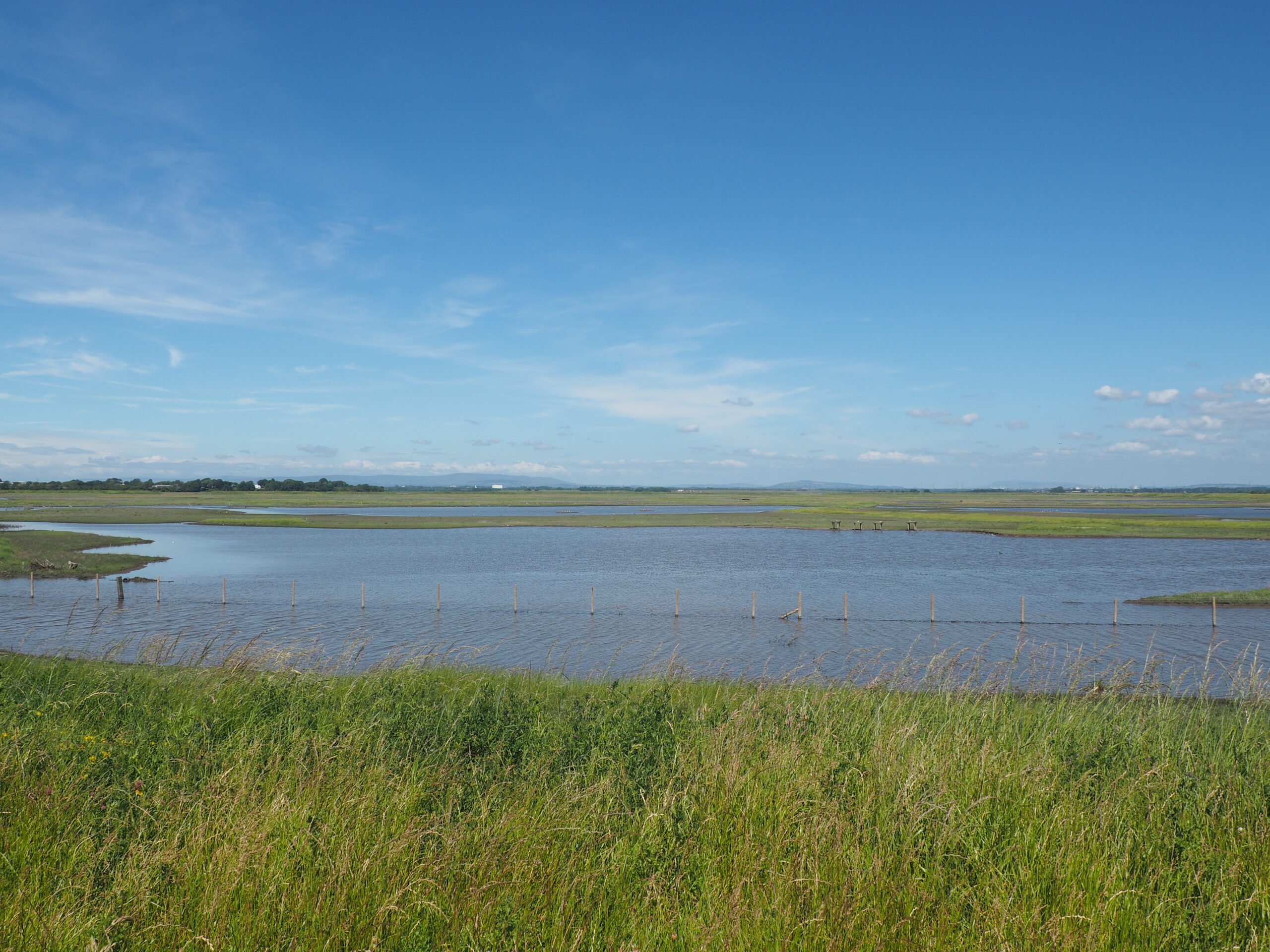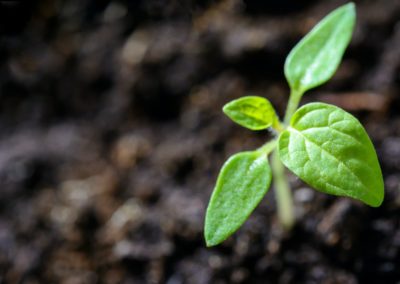Elina Apine is a Research Associate in the School of Geography and Sustainable Development at the University of St Andrews. In this blog, she discusses benefits of nature-based solutions for mitigation, adaptation, and conservation.
Nature-based Solutions (NbS) have been at the forefront of climate change adaptation and mitigation discussions for the last few years. The COP27 decision text for the first time included NbS, encouraging Parties to consider NbS or ecosystem-based approaches, as appropriate. While this was included in the section dedicated to Forests, NbS are not exclusive to forests and terrestrial ecosystems. The resolution adopted by the United Nations Environment Assembly in 2022 agreed that NbS are “actions to protect, conserve, restore, sustainably use and manage natural or modified terrestrial, freshwater, coastal and marine ecosystems, which address social, economic and environmental challenges effectively and adaptively”. An essential aspect of NbS is their ability to simultaneously provide various co-benefits to human wellbeing, biodiversity and resilience, and ecosystem services.
Coastal NbS include restoration and creation of coastal ecosystems such as saltmarshes, seagrass meadows, mangrove forests, sand dunes, beaches, coral reefs, and oyster reefs. Occasionally to achieve risk management goals, practitioners may introduce sediment (beach recharge) to a coastal system or set back the coastline with secondary defences to create an intertidal habitat (managed realignment), which to some extent involves engineering capabilities.
Being at the interface between the land and the sea, coastal ecosystems are one of the most dynamic, productive and biodiverse ecosystems on the planet. Mangrove forests and saltmarshes are hotspots for biodiversity and important habitats for migratory birds. They are also important sources of livelihood for local communities. Coastal ecosystems provide natural flood protection to rising sea levels and storm surges. A recent study estimated that 15 million people worldwide would be flooded annually if mangroves were lost. Similarly, saltmarshes in temperate regions act as buffer zones and dissipate waves during storms. Coastal ecosystems also play a key role in climate change mitigation, which is central to the Paris Agreement.
Coastal and marine ecosystems, particularly saltmarshes, seagrass and mangroves, sequester and store a large amount of organic carbon, usually referred to as blue carbon. Blue carbon ecosystems can store up to five times more carbon per unit area than tropical forests. Thus, coastal NbS can provide a “triple win” for adaptation, mitigation and conservation. Unfortunately, a large proportion of coastal ecosystems have been destroyed or damaged due to urbanisation and the impacts of fisheries, aquaculture and pollution. More than 60% of global mangroves have been lost due to land-use change and saltmarsh area approximating two football pitches (14,280m2) were lost hourly from 2000 to 2019. The UK has lost 85% of its saltmarshes since the 19th century. The United Nations Decade on Ecosystem Restoration 2021-2030 seeks to accelerate restoration of terrestrial and aquatic ecosystems for people, nature and climate.

Hesketh Out Marsh in the Ribble Estuary is one of the largest managed realignment projects in the UK. More than 300ha of restored saltmarsh provide habitat for wildlife and flood protection for local community. Photo by Amani Becker
NbS can provide 37% of the mitigation efforts needed until 2030 to reach the Paris Agreement targets. However, the UN Environment Programme’s State of Finance for Nature report concluded that NbS are receiving only a third of the investment needed by 2030 to limit climate change below 1.5oC. Therefore, COP28 is an opportunity to work towards closing the finance gap and identifying routes NbS can be funded by public and private actors. However, calls to expand the carbon credit market for NbS have to be made with caution to avoid commodifying nature and displacing local communities. Nature-based solutions are not inherently just and socially inclusive, thus, it is essential that local communities, indigenous peoples and youth are all at the decision table and involved throughout the process, from co-designing to implementing and monitoring NbS.
Elina Apine was awarded a Networking Scholarship to attend COP28, enabled by a partnership between the UK Universities Climate Network, the UK Embassy Science and Innovation Network in UAE and the Research England funded Centre for Postdoctoral Research in Infrastructure, Cities and Energy (C-DICE).


